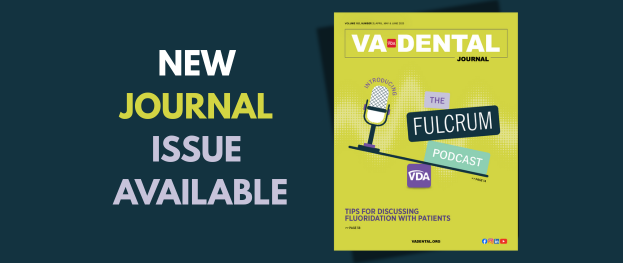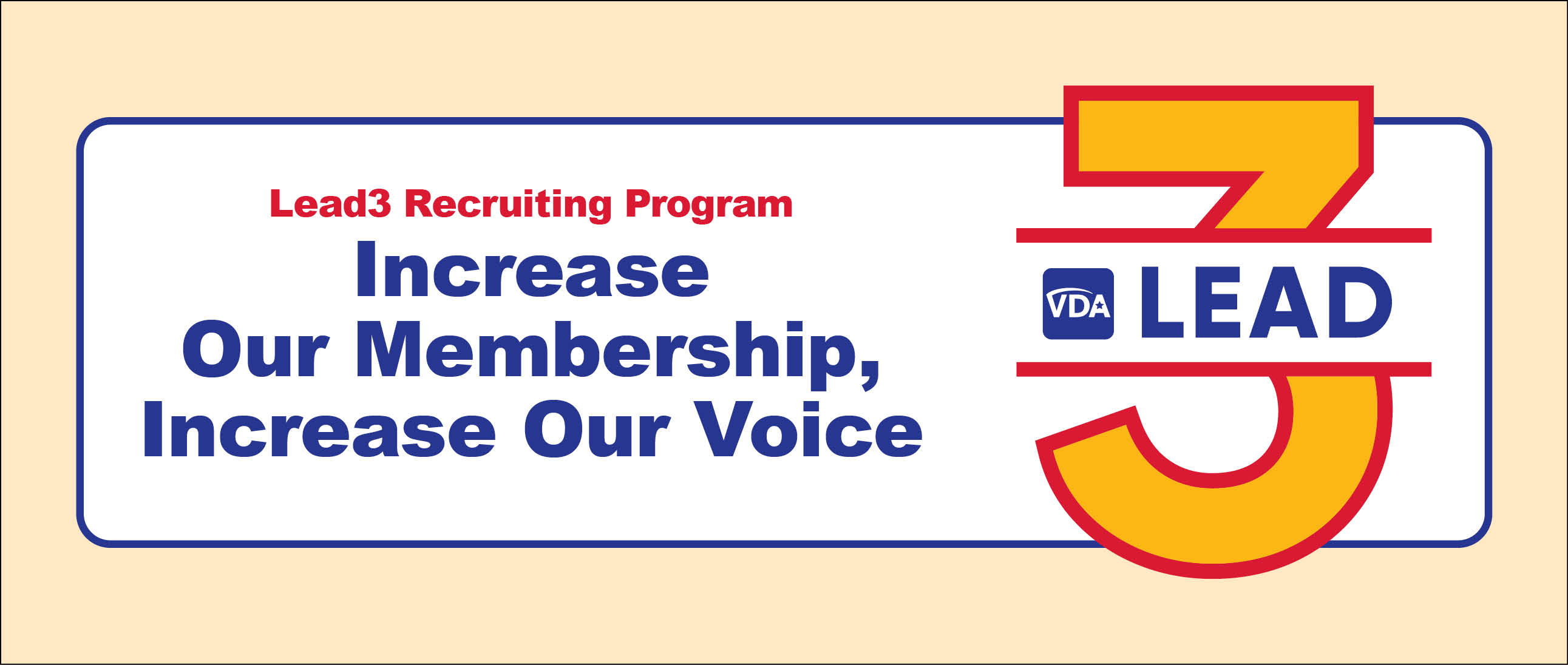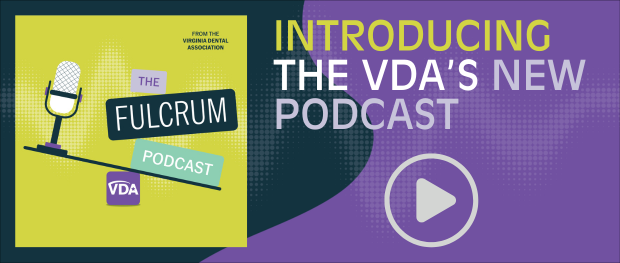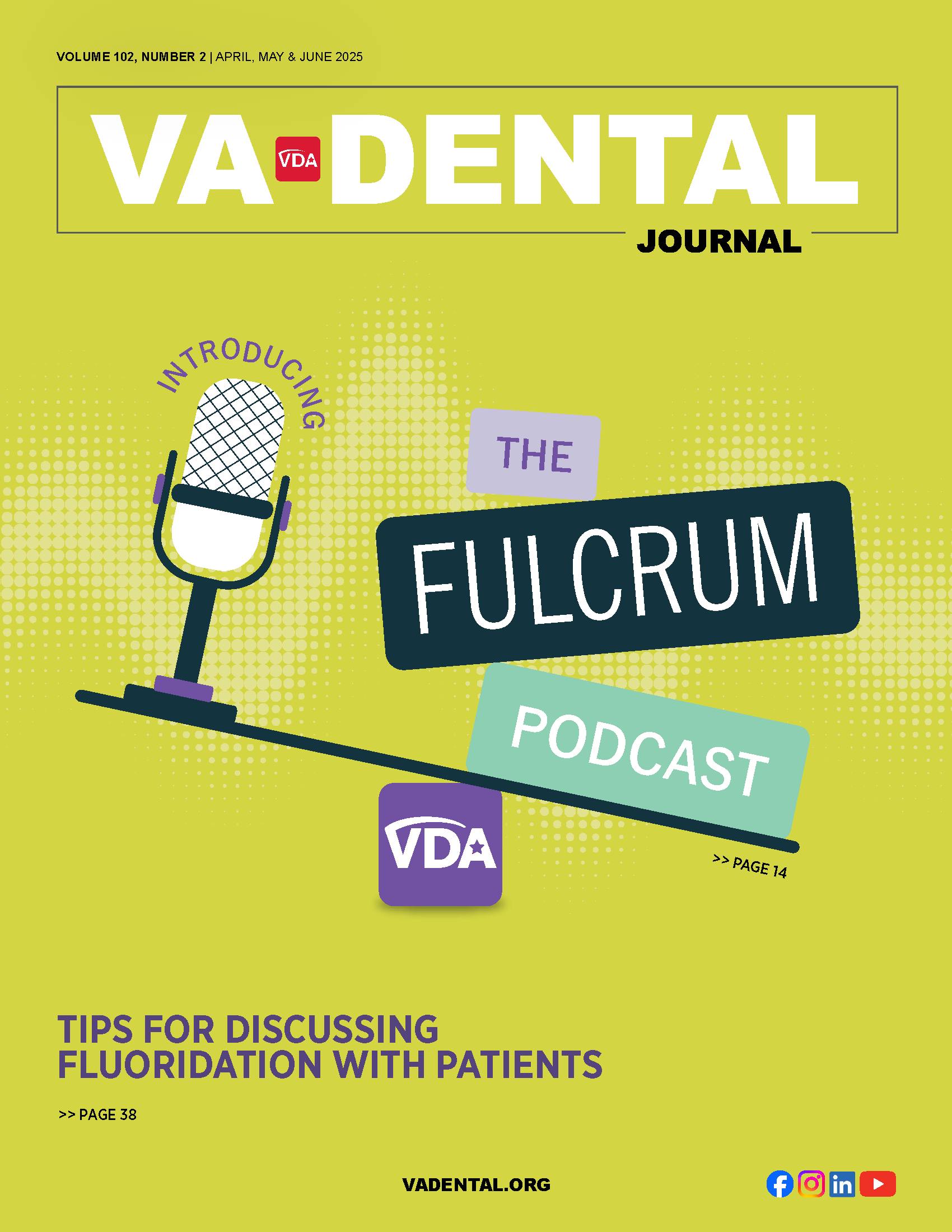What’s the Difference Between SEO and PPC?
Running the Online Part of Your Business
In today’s world, you have to keep up with so much just to stay competitive. A business without a digital presence is at a disadvantage so, tough as it is, you must adapt to it. Otherwise, your practice is lost amongst the hundreds – if not thousands - out there that exist just in your area alone.
It used to be that if you wanted to reach potential patients, you would have to shout your message to the masses with flyers, direct mailers, local TV and radio commercials, depending on your budget. But now, you no longer need to search for patients, because with the accessibility and convenience of the internet, people have become information seekers rather than information consumers.
But now that everyone’s online, you need the correct tools and a strong, consistent presence to succeed. The rules are always changing, but it is just as important as running the business itself.
What is Search Engine Optimization (SEO)?
Consumers of anything are impatient and want everything to be easily accessible. If it isn’t, they move on pretty quickly. How does your dental practice become accessible?
Search Engine Optimization (SEO) is the practice of affecting visibility in search results through unpaid, organic means. That means there is no advertising money involved directly in reaching potential patients. It also means that when an interested consumer is looking for a business, the results that show up on a search engine are the most relevant to the person’s interests. This is vital because it’s been shown that 85% of people do not click to the second page of results, and there are only 10 listings per page. The higher your ranking on a results page by using SEO, the better. You’re reaching potential patients and they already want to do business.
Key points about SEO:
- SEO results are unpaid.
- Efforts are spent 100% on interested parties and not wasted on others.
- SEO delivers measurable results.
- SEO has to do with the content on your site, and the way you send signals to Google.
- This tactic takes at least 3-to-6 months to develop, but once the ball is rolling, it snowballs.
- Rankings are organic and based on keywords that people search for.
- SEO covers various types of searches such as video, image, shopping, and news.
What is Pay-Per-Click (PPC)?
Pay–per-click, which is a medium used to direct consumers to websites, is also instrumental in running a business online smoothly. To start, a business (your practice) provides an advertisement to Google, and an ad spend budget that can be drawn from. When an interested searcher types in certain keywords, search results will appear, but so will advertisements called “AdWords” that look just like search results.
Say for example, someone is searching for a dental practice nearby. They could type in their zip code or city with the phrase “dentist.” If you are utilizing PPC, your advertisement would show up. If the placement and messaging catches the prospective patient’s attention, they could possibly click on it to get redirected to your website, rather than clicking on one of the organic listings. Like the name implies, you only have to pay if someone actually clicks on your ad, not just if they see it. This means you are reaching only people who are interested in your service, and only paying for people who actually take the time to learn more about you.
Key points about PPC:
- PPC is paid advertising.
- This strategy works well with keywords and has immediate results.
- PPC provides results that are measureable and trackable.
- You have to test and change your ads frequently to get the best return on investment.
SEO VS. PPC: Which Do You Use?
-
Using both strategies is ideal, but what are the differences between SEO and PPC? It depends on what your needs are and what your limitations are in terms of budget, time, and goals.
- SEO is a long-term strategy because it takes time to build and see results. PPC is relatively quick and has fast turnaround time in terms of getting your practice seen on page 1 by prospective patients.
- SEO does not accrue cost over time, but PPC does. Thankfully, you only pay based on the click-through rate.
- SEO takes maintenance, but PPC takes even more time to maintain. Making sure you aren’t going over budget and adjusting to business influxes can take time and research to optimize your digital strategy.
- SEO and PPC are like the differences between getting braces versus a surgery. Both will drive positive results, but like braces SEO takes a lot of upfront effort that pays off in the long run for a very long time, whereas PPC is likened to surgery: it delivers immediate results for your current situation.
- Running strong PPC campaigns at the start can help you achieve SEO goals faster.
- Both SEO and PPC rely on search engines and they produce results based on keywords used.
There is no denying how much of an impact the internet has on businesses, and how much extra work it is to keep up with it. You don’t need to do it alone. ProSites helps take away the stress of another big thing to worry about so you can focus on your practice and patients full-time.
Lance McCollough is the Founder and CEO of ProSites. Endorsed by VDA Services, ProSites is the leading dental website design and marketing provider. The firm helps over 7,000 dentists market their practice online and get new patients. VDA Members get exclusive discounts on ProSites website set-up. For more information, call 888-932-3644 or visit www.prosites.com/vda.







